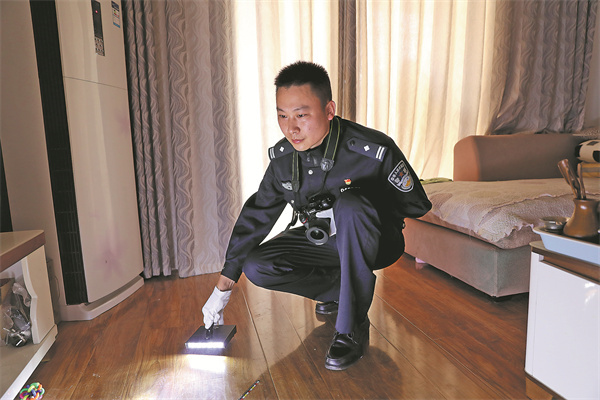Beyond the lab: a life in forensics


More than science
While the technical side of forensic work is crucial, Xia believes empathy is just as important — especially when dealing with the families of the deceased.
"In cases of unnatural deaths — whether accidental or by suicide — families are understandably distraught," Xia said. "The first conversation is always the hardest. They're in shock, often angry, and looking for answers."
Xia takes time to explain his findings clearly, answer questions, and guide families through their grief.
"We can't just hand over a report and walk away," he said. "Our job is not only to determine the cause of death, but also to provide clarity and compassion to those left behind."
This sense of duty, he added, comes from his dual identity as both a scientist and a police officer. "Serving the people is our fundamental mission," he said.
Now a seasoned veteran, Xia sees it as his responsibility to guide younger colleagues entering the field.
"I encourage more young people to join this profession," he said. "There's nothing mysterious about it — you just need a clear goal and the courage to move forward."
He regularly shares his expertise with newcomers, explaining forensic techniques and welcoming their questions. At the same time, he learns from them.
"Young people today are quick with technology and adaptable to new tools," he said. "I try to stay open-minded and keep up with the latest digital techniques."
Looking back on more than 20 years in the field, Xia said the work has given him a deeper respect for life.
"Seeing how suddenly life can be taken away makes you value it more — for yourself and your loved ones," he said.




































